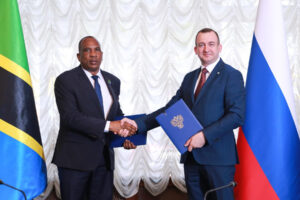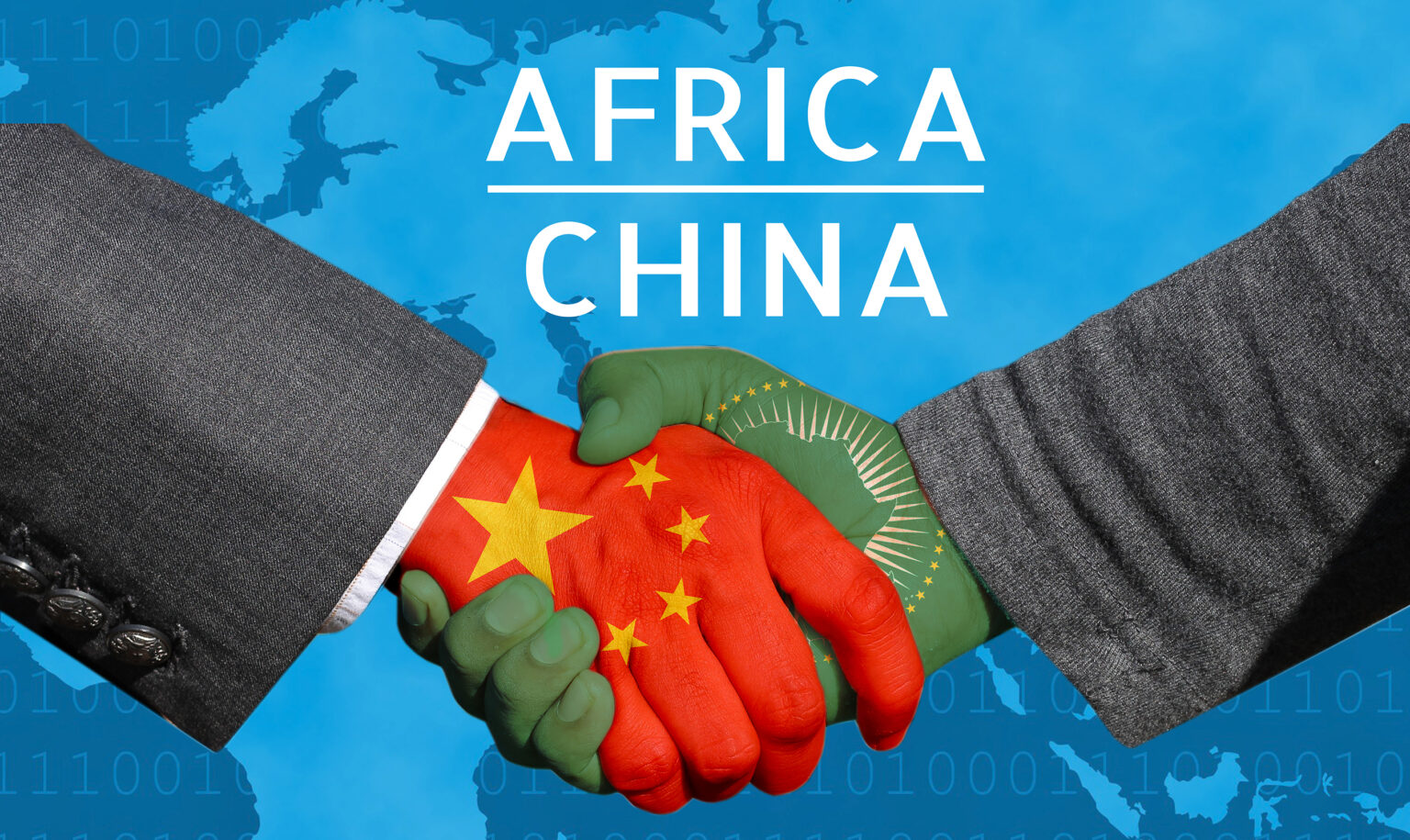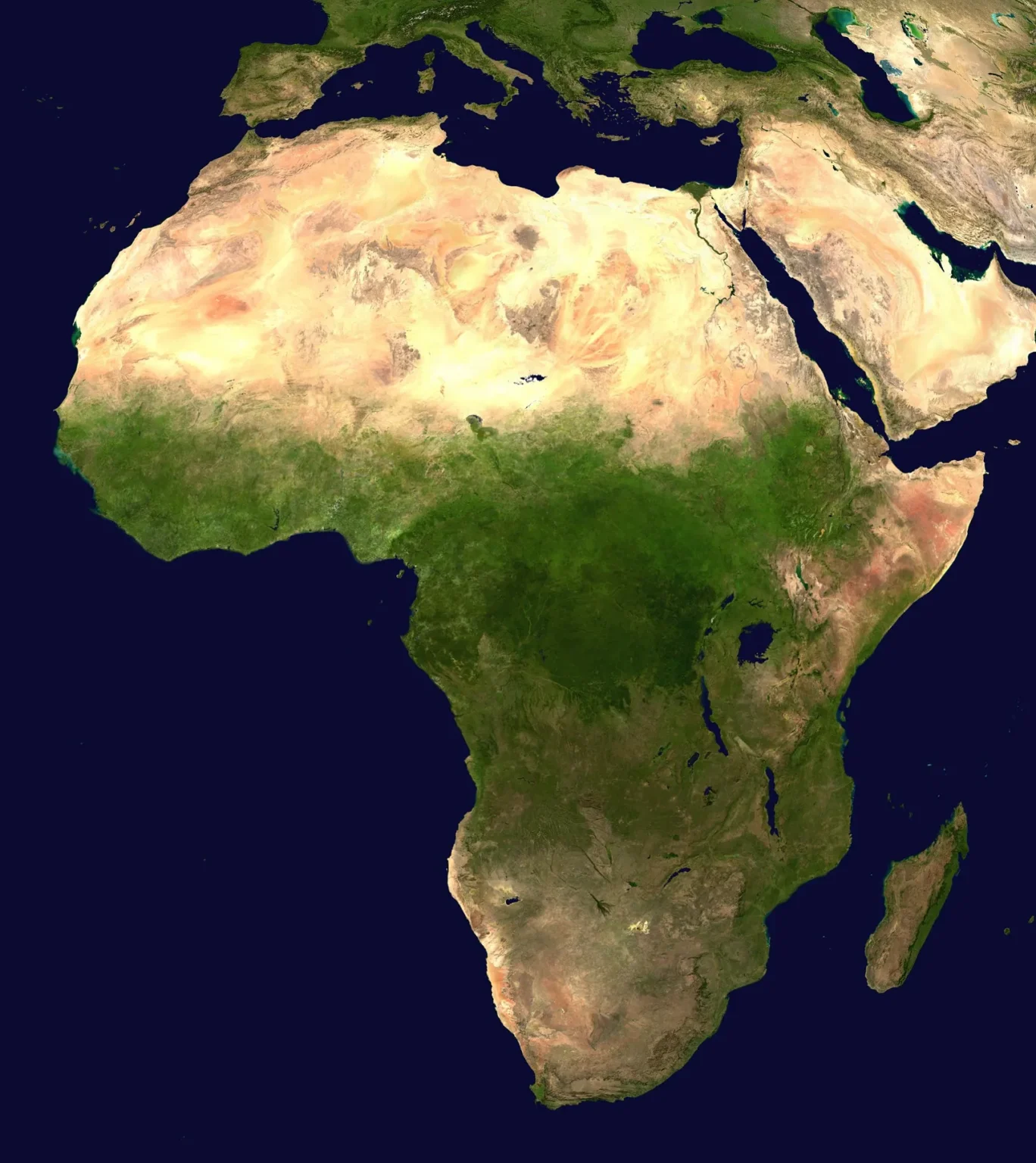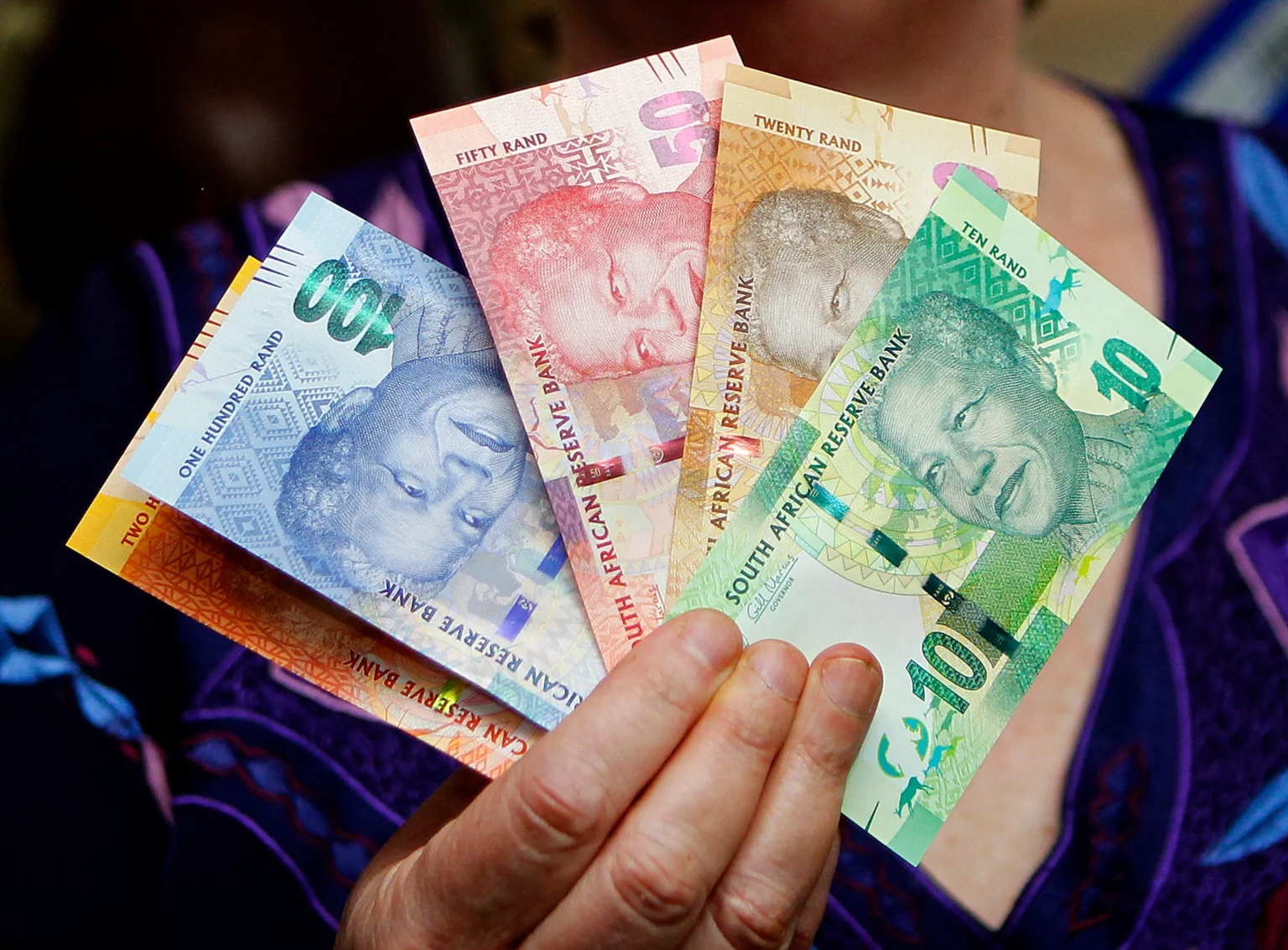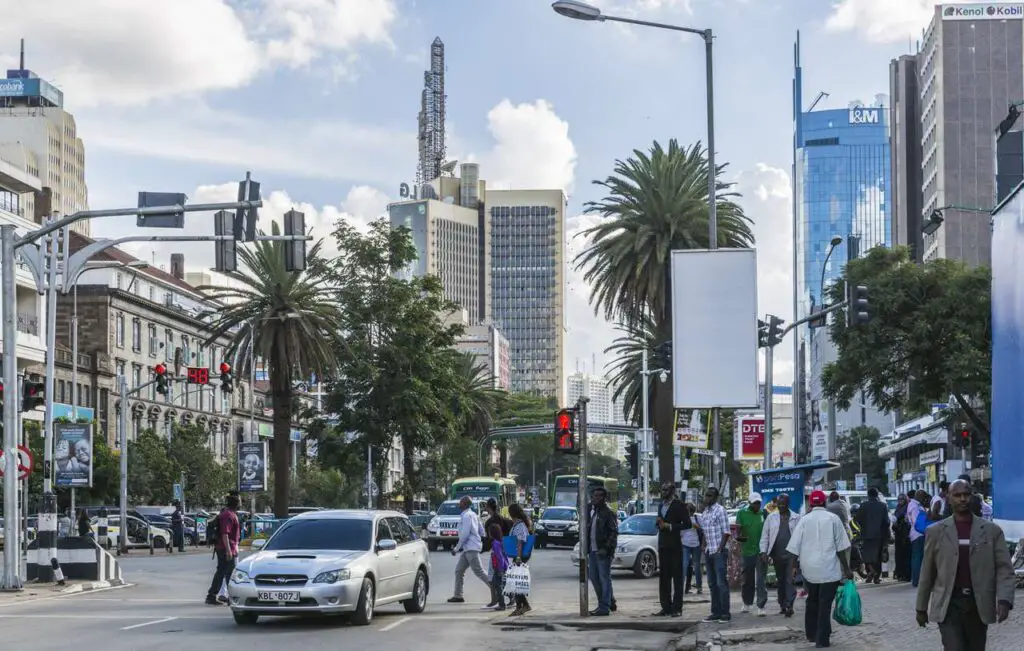- Russia and Tanzania unite to double trade, boost Africa market access
- History as Janngo Capital seals Africa’s largest gender-equal $78M tech VC fund
- South Africa Budget Disappoints Investors as Deficit Widens
- Kenya drops to 6th place in Africa trade barometer
- Tanzania’s bold move to boost cashew nut exports by 2027
- Chinese cities dominate global list of places occupied by billionaires
- Sudan tops up as Africa aims for $25 billion development fund
- Opportunities for youth: Tech firms Gebeya and NVIDIA to train 50,000 developers in Africa
Author: James Ndwaru
I am a writer based in Kenya with over 10 years of experience in business, economics, technology, law, and environmental studies.
China’s reduced lending to Africa has raised concerns about the future of Africa’s economic development and its relationship with China. The reduction in lending is due to a combination of factors, including the slowdown in the Chinese economy, the growing debt burden of African countries, and China’s increased selectivity in its lending.
The reduced lending has several implications for Africa’s economic future. African countries must find alternative sources of financing, a shift towards domestic resource mobilization, a change in the balance of power between China-African relations, and a potential slowdown in infrastructure development. African countries must navigate these changes carefully to ensure sustainable economic growth in the coming years.…
Among the various ways to strengthen the private sector and thus promote African trade, African governments must enable the private sector to play an active role in realising regional integration objectives.…
Given these large costs and the effect on Africa’s economic growth, it remains imperative to prevent the prevalence of conflicts. Several economic and structural factors, including low-income levels, poor growth outcomes, weak governance, state capacity, and inequality of opportunity—especially across ethnic, religious, and regional groups—increase the likelihood of conflict. Addressing these challenges would address political instability in Africa and prevent conflict.…
In the last 20 years, Africa’s external debt has grown fivefold to about $700 billion. According to Chatham House, a policy centre in London, Chinese lenders account for about 12 per cent of that amount. As of November 2022, the International Monetary Fund (IMF) and the World Bank considered 22 low-income African countries to either be in debt distress or facing potential external debt distress.…
According to SWIFT, African regions with strong integration saw increased use of local currencies and decreased use of hard currencies such as the US dollar. For instance, the use of the West African franc by the eight countries in the West African Economic and Monetary Union has overtaken the South African rand and the British West African pound.
This implies that boosting the use of regional currencies will shield the African trade market from adverse global conditions associated with the performance of US dollars. However, further regional coordination remains necessary to build a continental payment system that encourages the use of local correspondent banks and local currencies. These moves can help in managing currency depreciation to boost African trade finance. …
[elementor-template id="94265"]
In recent months, the discourse about de-dollarisation has gained momentum. The sanctions against Russia have exposed the danger of over-dependence on the US dollar in international trade. The recent foreign exchange challenges have also recharged the growing efforts to bolster other currencies.
De-dollarisation could soon become a reality. A BRICS substitute to the dollar could enjoy high prospects for success, a former White House adviser, Joseph Sullivan, has noted. Sullivan served as a staff economist at the White House Council of Economic Advisers during the Trump administration. According to him, a potential BRICS currency poses a unique threat to the dominance of the US dollar in international trade.…
In the past decade, nations around the world have sought to transition to an investment-focused strategy in Africa, recognizing the continent’s substantial $100 billion annual infrastructure financing gap. In this era of a global transition towards investment-focused strategies in Africa, Japan emerges as a proactive player, steering the trajectory toward sustainable growth with its substantial financial commitments and innovative initiatives.
Japan’s Active Position for Investing in Africa
While China’s Belt and Road Initiative dominated the global scene, Chinese lending to Africa has been on the decline since 2016. This has prompted a series of “Africa+1” summits in 2022, with countries like the United States, the United Kingdom, India, and Russia placing significant emphasis on investment and trade deals.
Among these nations, Japan has taken a proactive stance, particularly highlighted at the Eighth Tokyo International Conference on African Development (TICAD) summit held in Tunisia last summer. Japan pledged an impressive $30 …
Therefore, investing in pro-poor development projects is one of the best ways to address poverty and the cost of living in Kenya. Economic empowerment of the various groups can improve families’ lives and address the country’s ever-rising poverty levels. Kenya desperately needs a solution to poverty and the cost of living. Therefore, actualizing socio-economic development could prove a viable approach.…
The global financial landscape has undergone a remarkable transformation in recent times. Remarkably, the issue of the de-dollarization of international trade is slowly but steadily gathering momentum. A rising trend toward de-dollarization is challenging the longstanding supremacy of the United States in the international financial system. As the dominant global reserve currency, the US dollar remains pivotal in international trade, investment, and financial transactions.…
An efficient crypto mining industry can generate more job opportunities in Africa as the demand for miners, blockchain specialists, and technology specialists increases, . This encourages nations to enhance their energy and technological capacities to support crypto operations. These enhancements can considerably benefit other industries and the economy as a whole.
African nations must embrace the chance to become a crypto mining hub. This can aid in the digital economy’s growth, citizens’ financial standing, and the infrastructure for energy production. Consequently, African governments can invest in cryptocurrencies to acquire alternative funding sources for developing renewable and alternative energy sources.…
